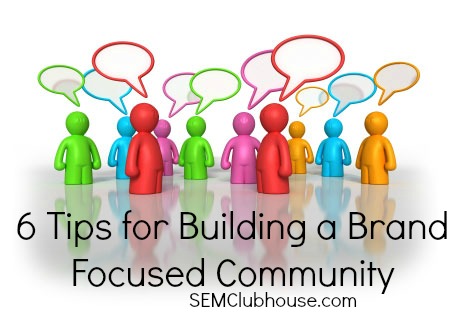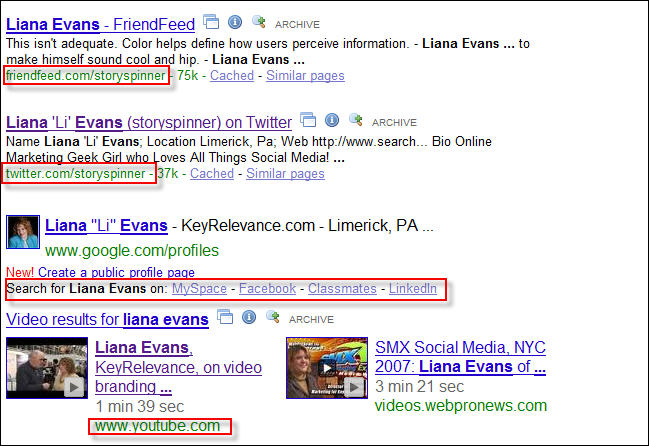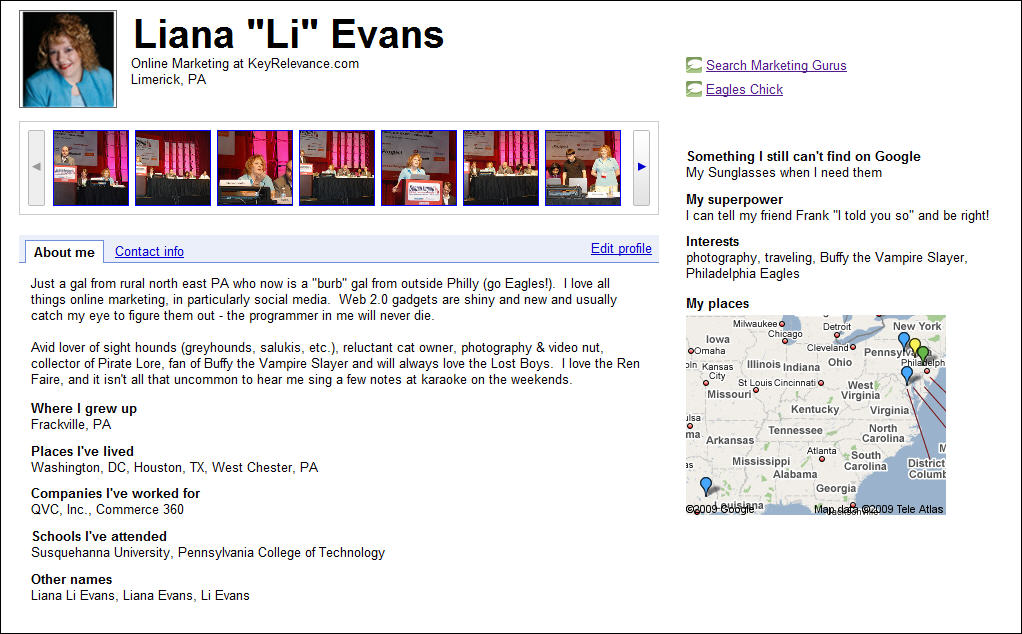 At SES London, Mike Grehan headed up an Orion Panel with Jill Whalen, Brett Tabke, Chris Sherman, Kevin Ryan and Rand Fishkin. The panel was taking a look at “SEO Where To Next”. I’m not going to rehash what went on at the panel, if you’d like a run down Paul Madden did a good summation of it. What I am looking to discuss is our roles, are we just SEO’s, PPC practitioners or affiliate marketers, or, are we online marketers?
At SES London, Mike Grehan headed up an Orion Panel with Jill Whalen, Brett Tabke, Chris Sherman, Kevin Ryan and Rand Fishkin. The panel was taking a look at “SEO Where To Next”. I’m not going to rehash what went on at the panel, if you’d like a run down Paul Madden did a good summation of it. What I am looking to discuss is our roles, are we just SEO’s, PPC practitioners or affiliate marketers, or, are we online marketers?
What prompts me in asking this, is how in the past 2 years the rise of “Web 2.0” (I really hate that term) has begun to affect how people consume content, media or anything on the web. Focusing on just SEO, PCC or even Affiliate Marketing, we tend to rely very heavily on the search engines. Heck, we live, die and cry by what Google does. Take a look at the announcement by Matt Cutts about the canonical tag, the search marketing world went nutz!
But what happens when more and more surfers on the internet stop using the typical search engines to find what they need? Confused? Let me explain.
With the advent of the iPhone and its open application system, you no longer need to go to Google to find a nearby restaurant. That’s right, iPhone users have a bevvy of applications that connect them to the internet without a browser and without going to Google and getting a map with a list of restaurants. OpenTable will tell you which restaurants near you have available seating, Urban Spoon does just about the same thing.
It’s not just the iPhone either, AccuWeather just launched a nice little widget much better than than the dreaded desktop “WeatherBug” app(that adds those dreaded tracking cookies that Norton catches). Through the slick Adobe Air backend, AccuWeather tells me my weather without opening a browser and typing in “Weather 19468”. There’s also a nice AdobeAir Application called Tweetdeck to help you manage Twitter, never having to connect to a browser to hold a relevant conversation.
Facebook and Myspace both have phone applications for iPhone, Blackberry or just about any smart phone out there. It’s becoming easier and easier to connect to the internet and the sites you want, and to find the things you want without using a browser or even a search engine.
So with that in mind, I posed this question to the panel. With the ability to connect to the internet w/o a browser, is it the SEO’s job to still work with these types of applications? Only one panel member answered, bravely, Rand Fishkin said he didn’t believe this was the SEO’s job.
I agree, to a point. If you define yourself as an SEO who just optimizes web pages or websites, then yes, he’s right.
But if you have an eye on the future of marketing and are seeing what new technologies are emerging and being embraced in our world, I have to disagree with Rand, in that, that view is really limiting. Businesses are going to have to embrace moving even beyond just the typical web page for an online presence. Search Engines aren’t just browser based anymore, the OpenTable application demonstrates that to a “T”. As responsible online marketers, we have to look beyond just websites and Google, we have to look at the entire online presence, and move beyond the thought that SEO means web based search engines because it doesn’t. So are we SEO’s or Online Marketers, or perhaps both? I guess in the end its how you define “SEO”.
That leads me to wonder this question, is the holy grail of search – the “Google Killer”, just going to be the inevitable change of end user habits? Interesting thought isn’t it? 🙂










